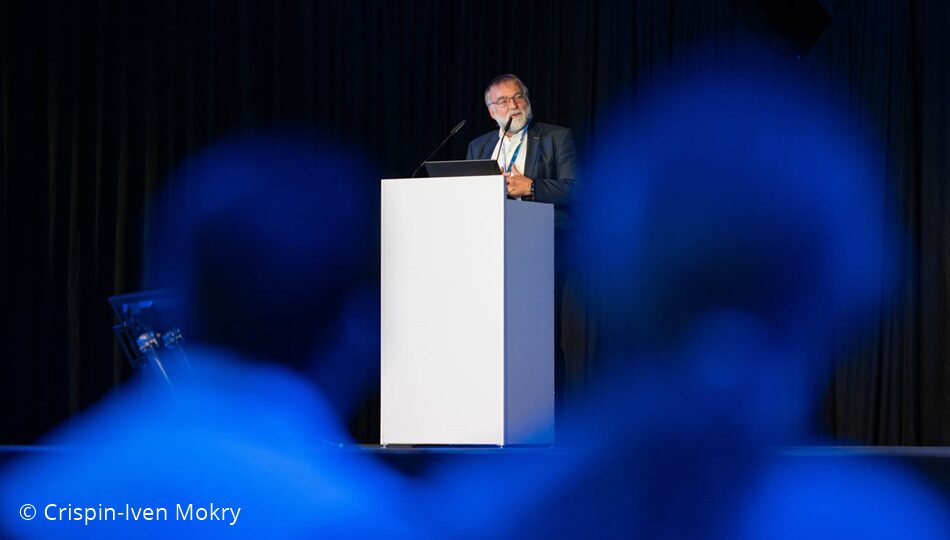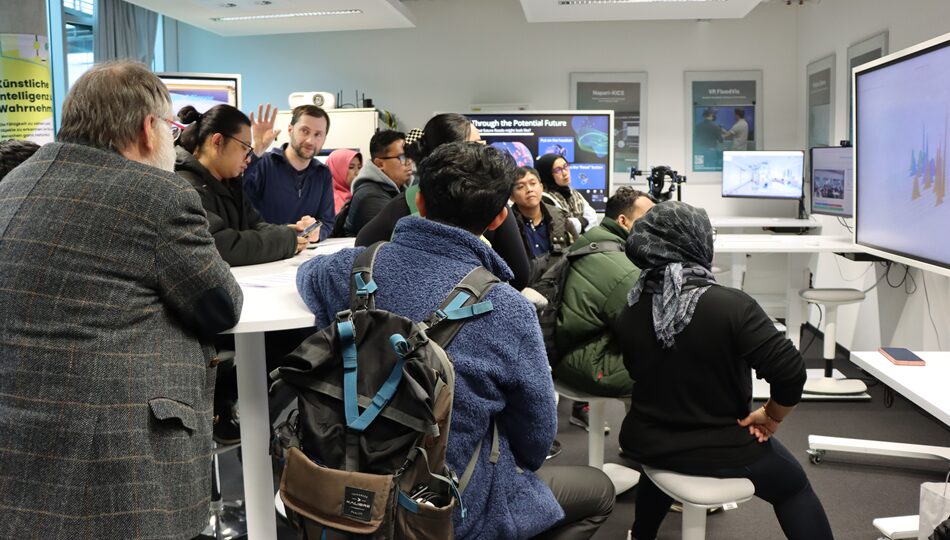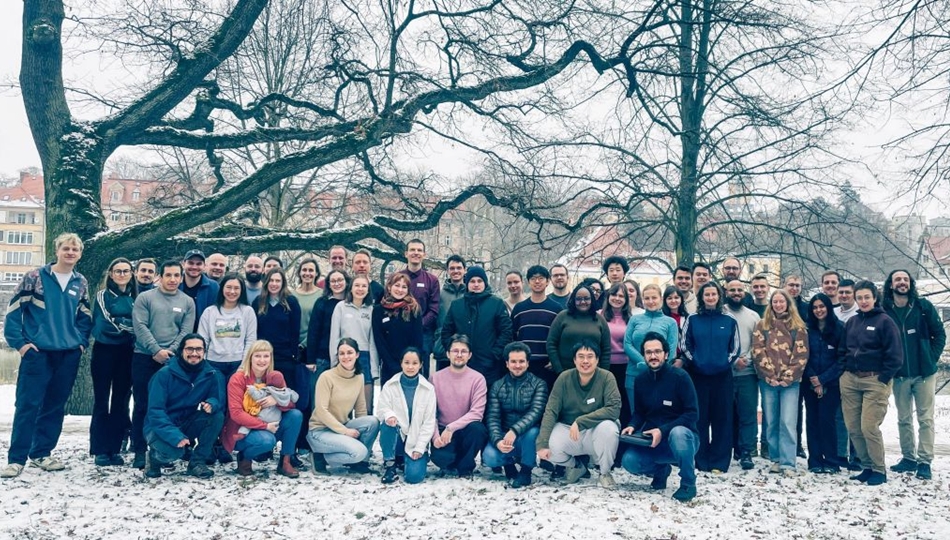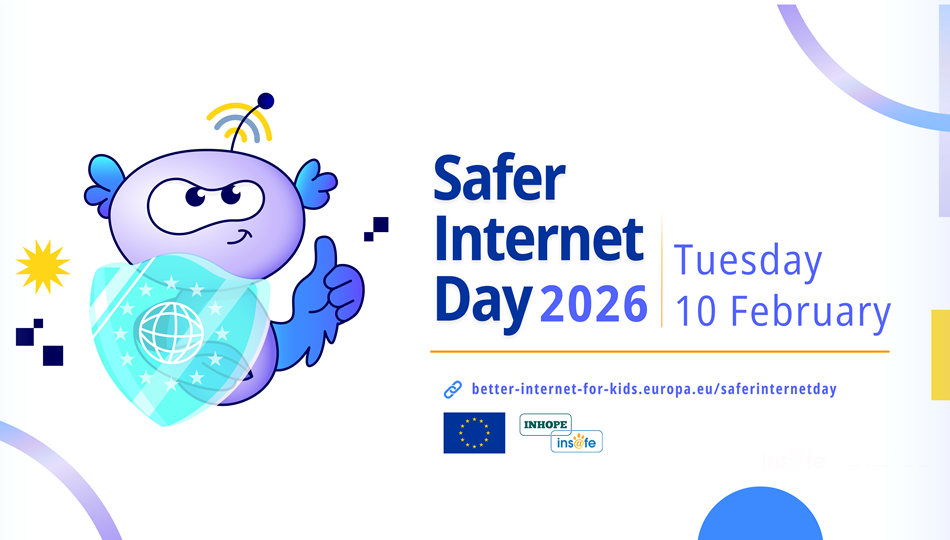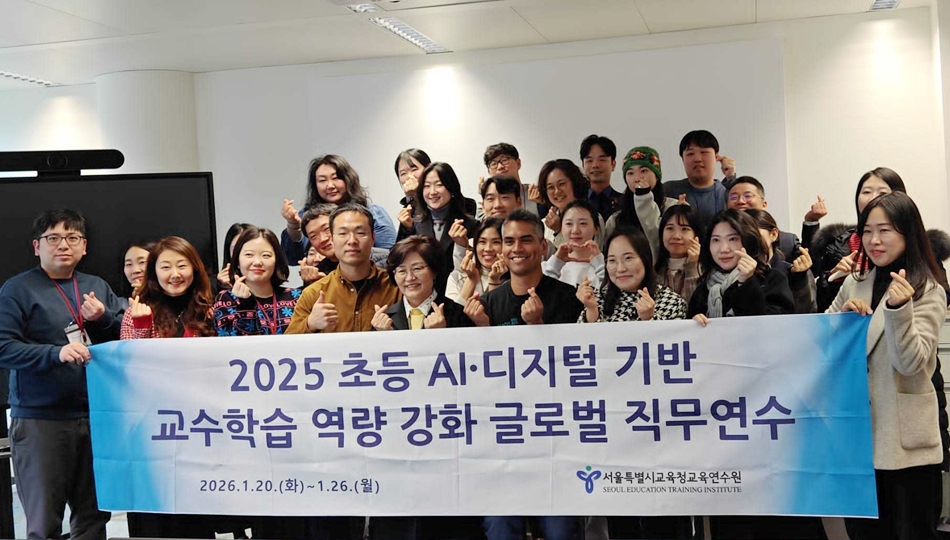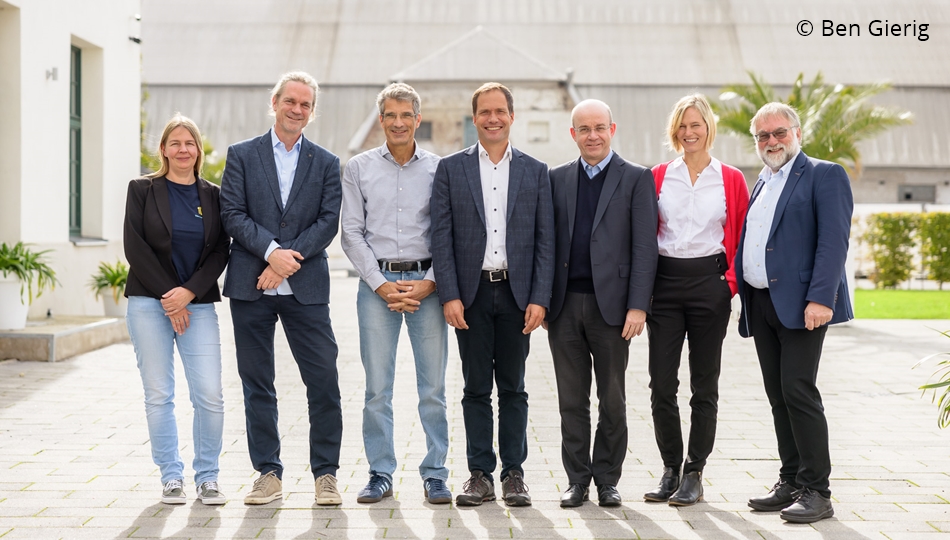
October 11, 2024
German AI Community meets for the All Hands Meeting in Dresden

From 07.-08.10.2024, more than 200 representatives of the AI community in Germany as well as other national and international guests met at the OSTRA-Dome and OSTRA-Studios in Dresden. The All Hands Meeting of the German AI Community, which was organized by ScaDS.AI Dresden/Leipzig in 2024, served to network, establish collaborations and present activities in research, teaching and service. The participating institutions and players included – among others: the AI competence centers, the AI service centers, the AI projects, the AI junior research groups, the DAAD KI Zuse Schools, the Federal Ministry of Education and Research (BMBF) and the German Aerospace Center (DLR).
Day 1: Deep-dive into the research highlights of the German AI Community and AI research in the UK
Welcoming Addresses
Prof. Ursula M. Staudinger (Rector, TU Dresden) opened the event with a welcoming address in which she emphasized the importance of Artificial Intelligence for the future. In this context, she highlighted the numerous activities of TU Dresden, with which the university is positioning itself in a leading role in the field of digitalization and AI research. Prof. Thomas Popp (State Secretary for Digital Administration and Administrative Modernization, Saxon State Chancellery) welcomed the guests by identifying the AI strategy as a framework for strategic development in the field of AI in Saxony. Furthermore, he pointed out the networking of AI stakeholders as an important aspect of Saxony’s AI strategy. Afterwards, Dr. Roland Philippi (State Secretary, BMBF) welcomed the participants in a video message.
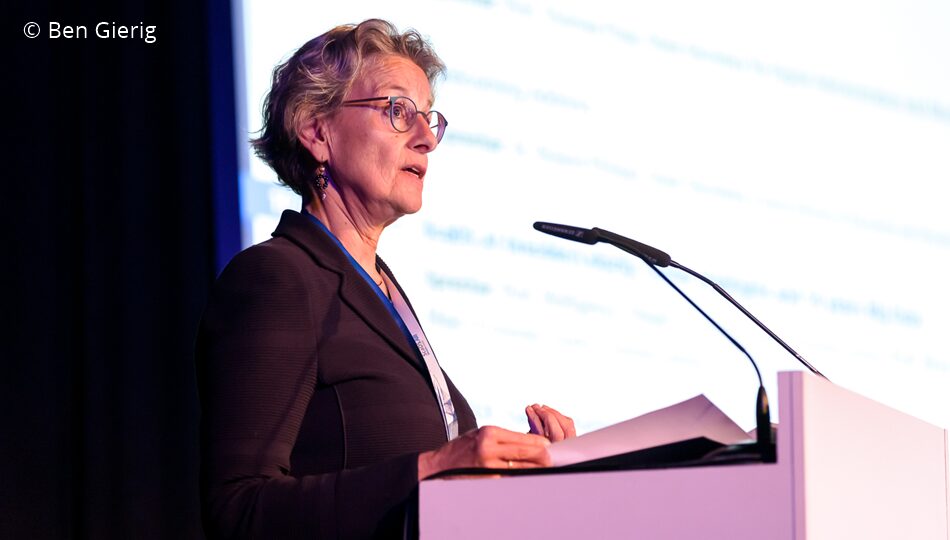
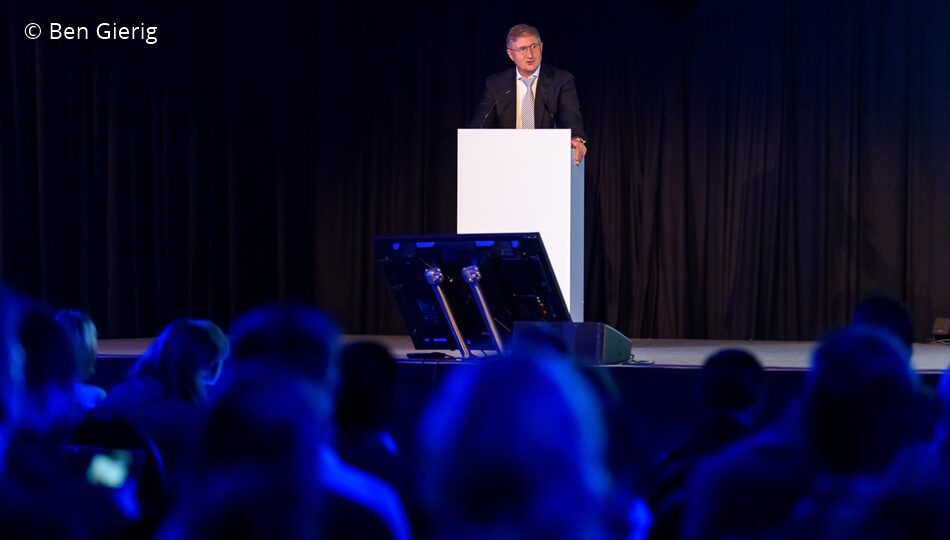
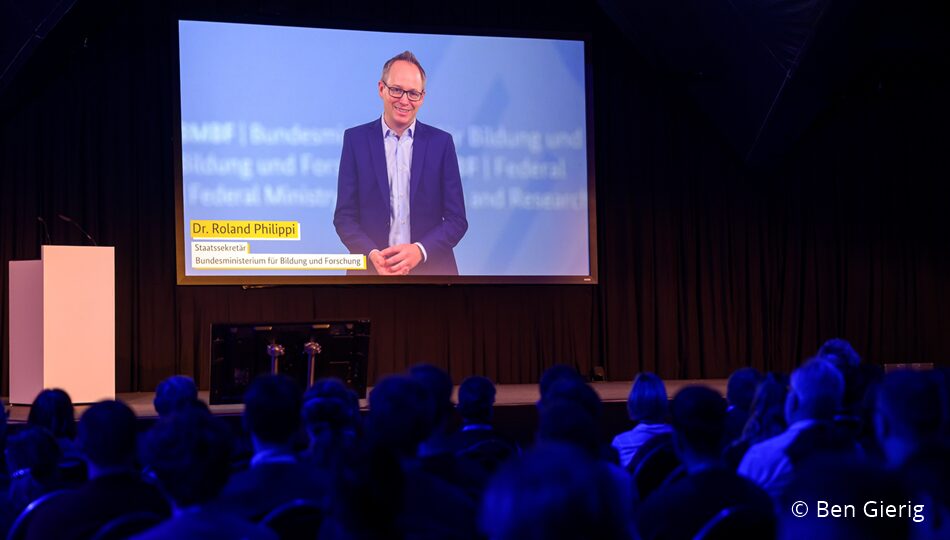
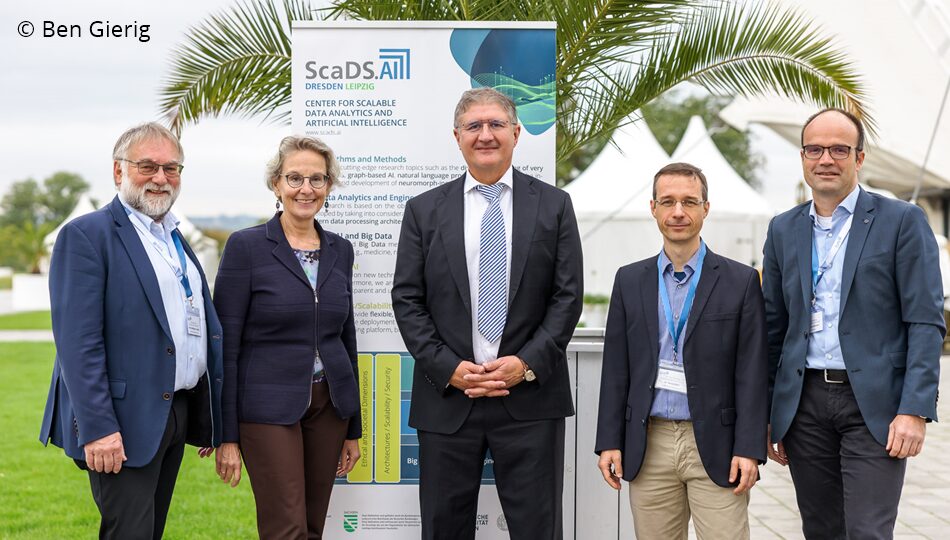
Highlights of the AI competence centers
After a successful kick-off, it was time for the AI competence centers to present their research highlights. ScaDS.AI Dresden/Leipzig, BIFOLD, DFKI, the Tübingen AI Center, MCML and the Lamarr Institute presented one after the other. Prof. Wolfgang E. Nagel (Director), Prof. Birte Platow (Board Member and Principal Investigator) and Prof. Christian Georg Mayr (Principal Investigator) presented ScaDS.AI Dresden/Leipzig by looking back on 10 years of Big Data research and highlighting current research efforts.
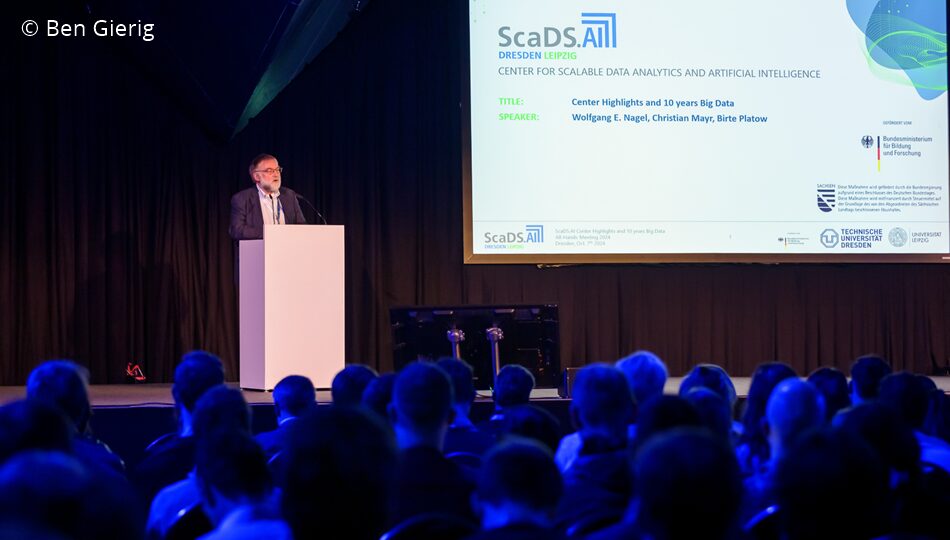
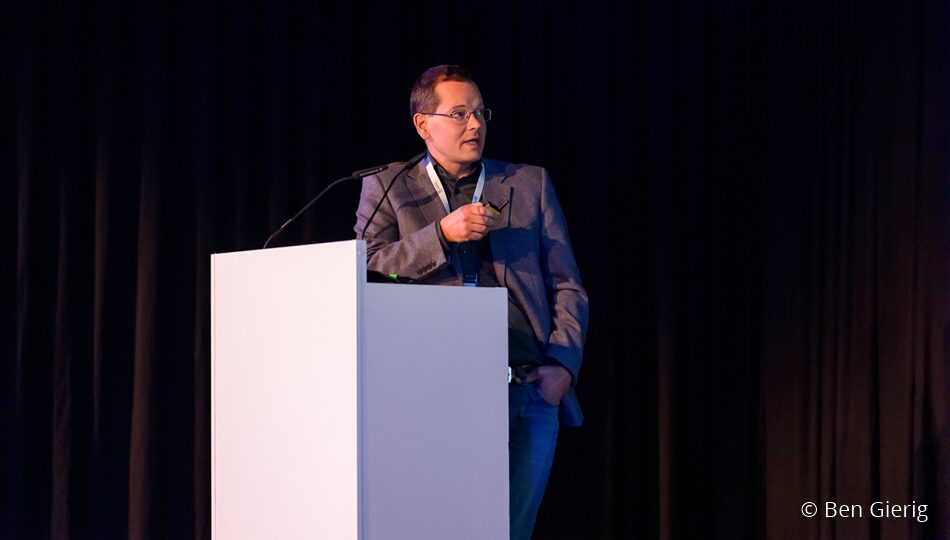
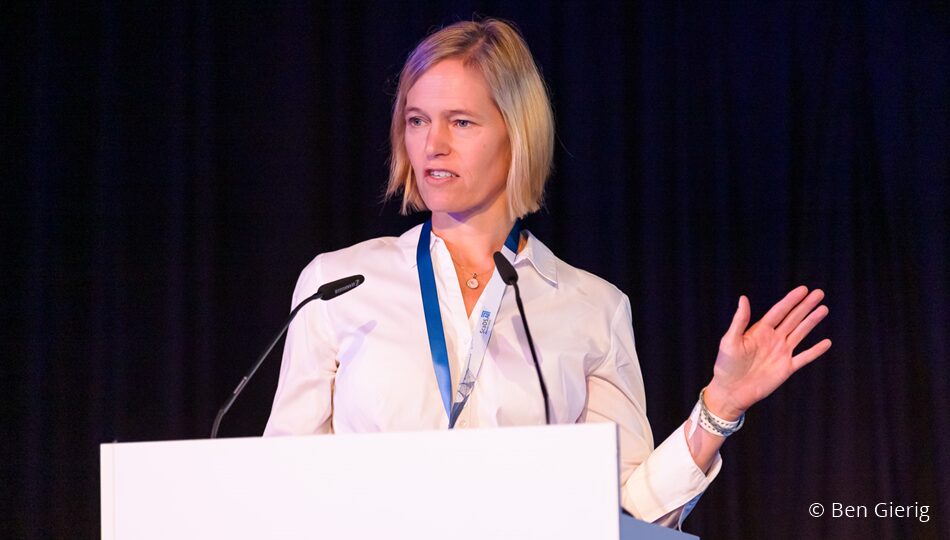

AI Grid and the Alan Turing Institute
In the afternoon, Laure Poirson (EIT ICT Labs Germany GmbH) presented AI Grid, an initiative to strengthen exchange and synergies between young talents in the field of Artificial Intelligence. Afterwards, Prof. Aldo Faisal (Alan Turing Institute) gave a keynote speech on the opportunities and challenges of the UK’s national AI institute: the Alan Turing Institute.
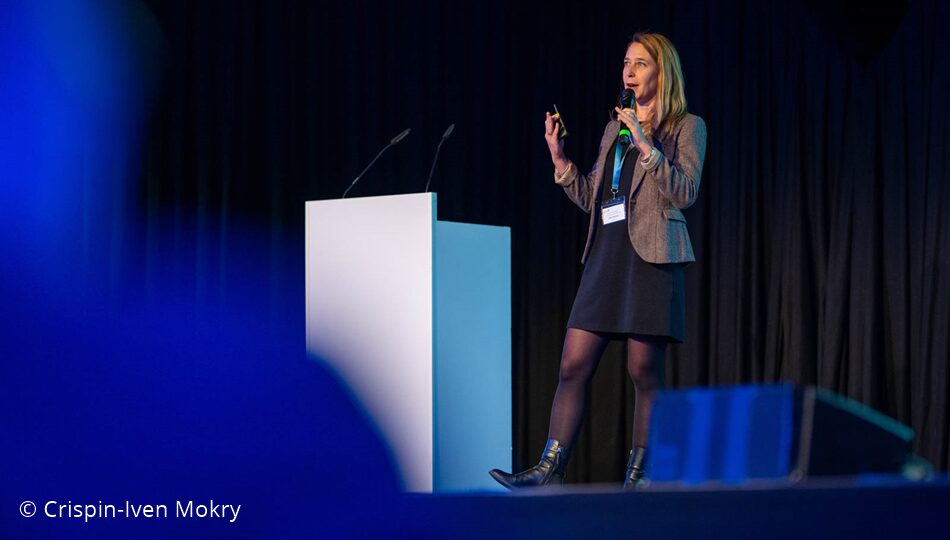
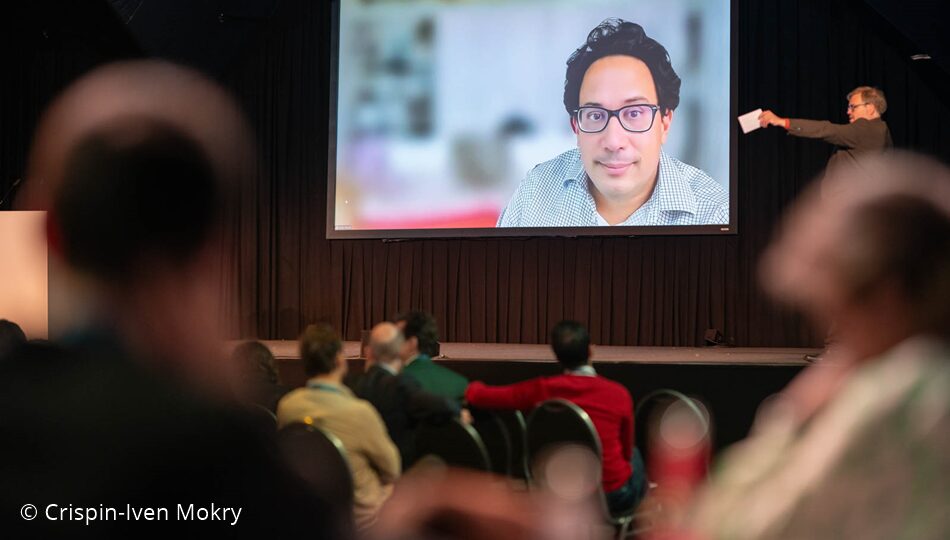
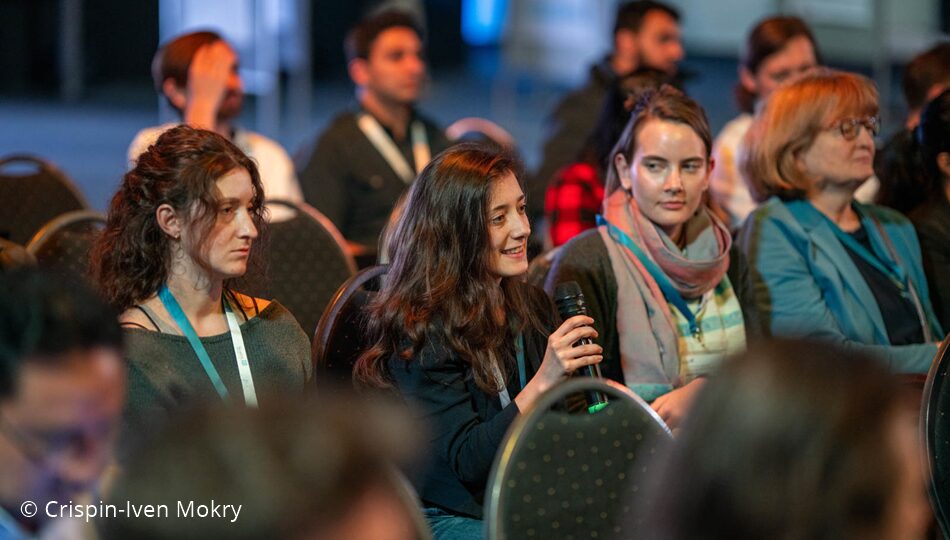
Workshops and interactive sessions
This was followed by thematically diverse parallel workshops organized by the AI competence centers, which identified common research interests and strengthened networking opportunities between the participants:
- From Foundation Models to Efficient, Specialized Models
- Digital Twins on the Moon
- Ethics in AI
- AutoML Meets Robotics: An Overview and Future Directions
At the end of the first day, PhD students presented their projects and networked with each other at an extensive poster session. In parallel, the participants also toured the virtual demo stations to learn more about the research projects of the AI competence centers.
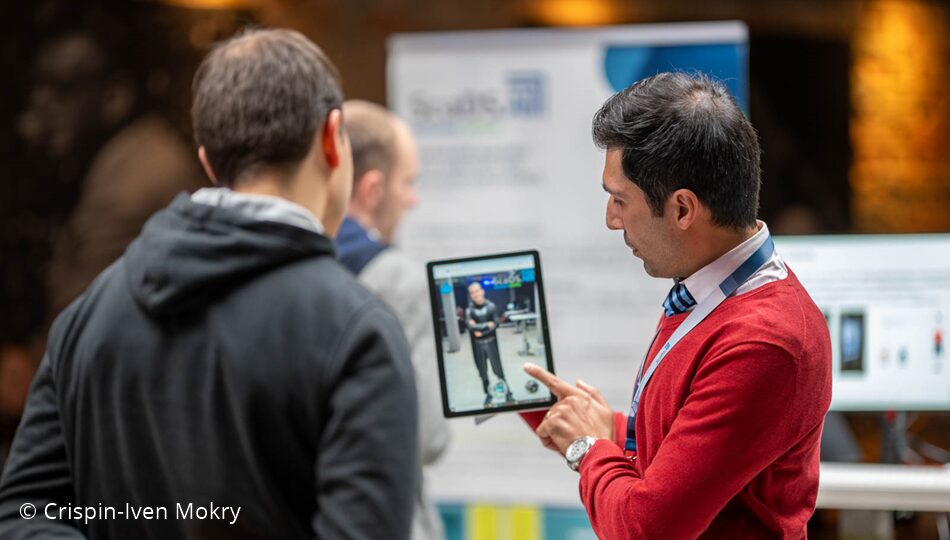
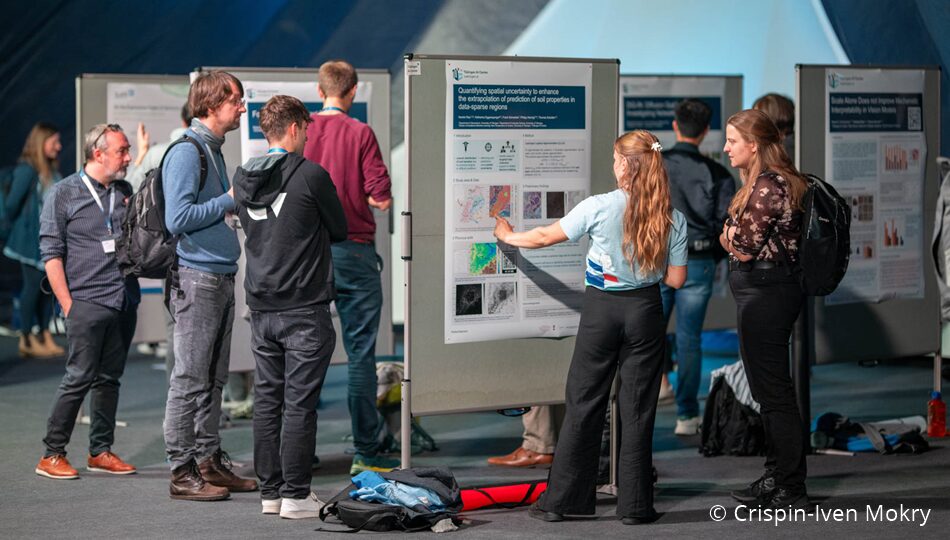
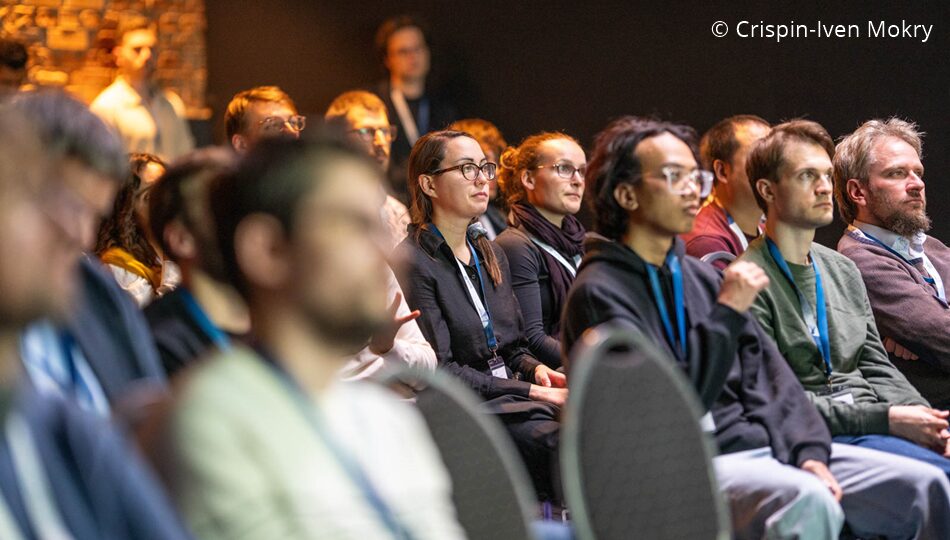
Day 2: Industry, AI services and education in the German AI Community and insights into the French AI strategy
Infineon Technologies and the AI Service Centers
From research to practice at the beginning of the second day: In his keynote speech, Christoph Kögler presented how Infineon Technologies uses AI innovations in the company and in the manufacture of products. A joint presentation by Florian Kieser (hessianAI), Prof. Julian Kunkel (KISSKI), Lasse Kohlmeyer (KI-Servicezentrum Berlin-Brandenburg) and Laszlo Friedmann (WestAI) also provided insights into the work of the German AI service centers and their efforts to reduce barriers to the use of AI for small and medium-sized enterprises and start-ups in Germany.
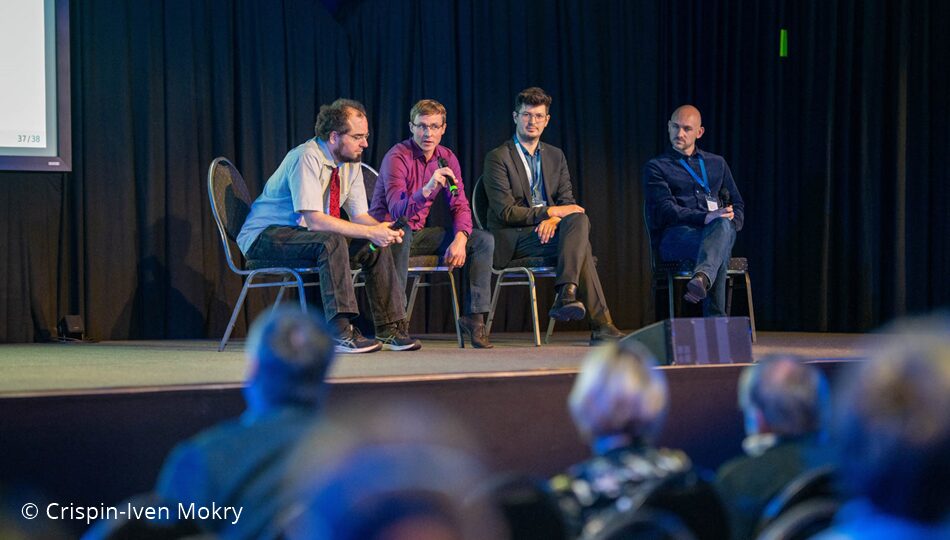
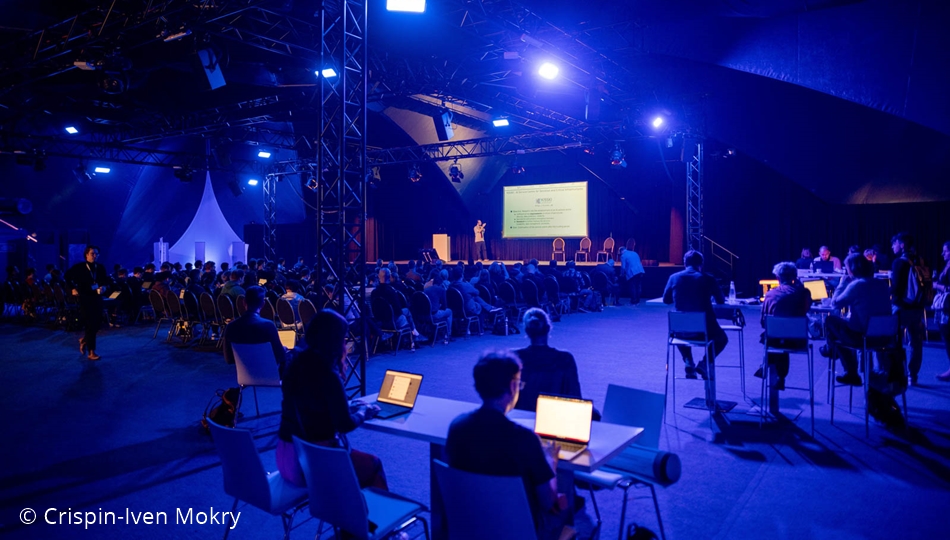
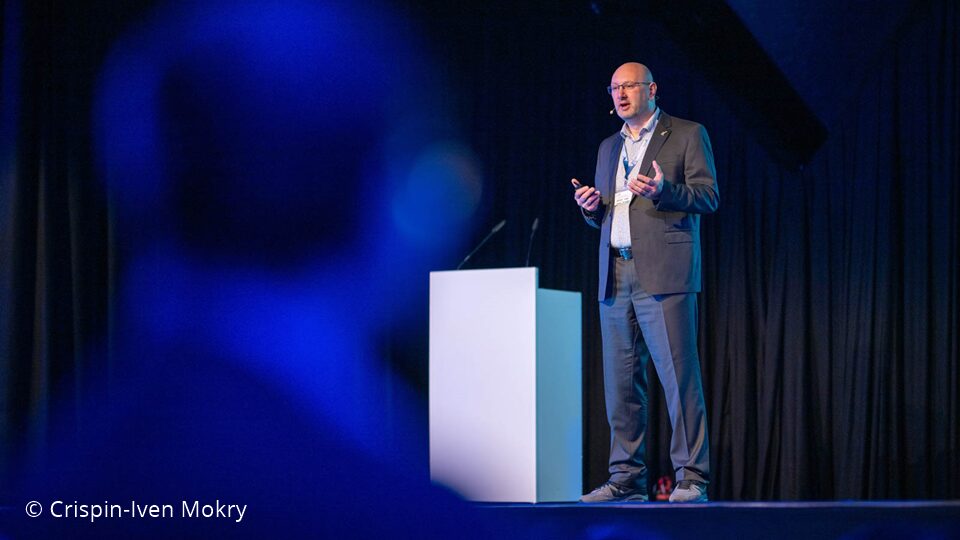
Workshops and interactive sessions
In addition to another session at the demo stations, an extensive range of workshops on the second day once again attracted participants and provided inspiration for future collaborations:
- Bringing AI Education Into Schools – Scalable and Nationwide
- Natural Language Processing and Large Language Models
- AI Junior Research Groups
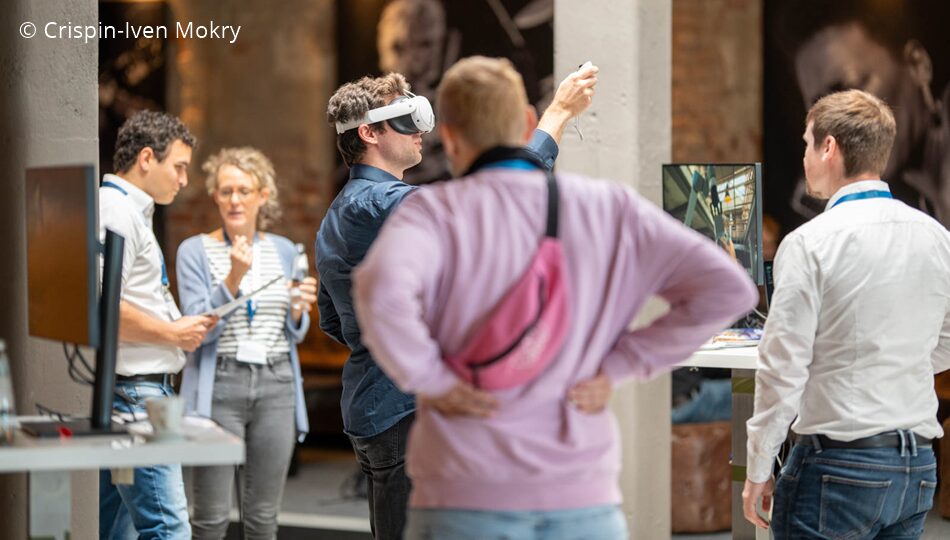
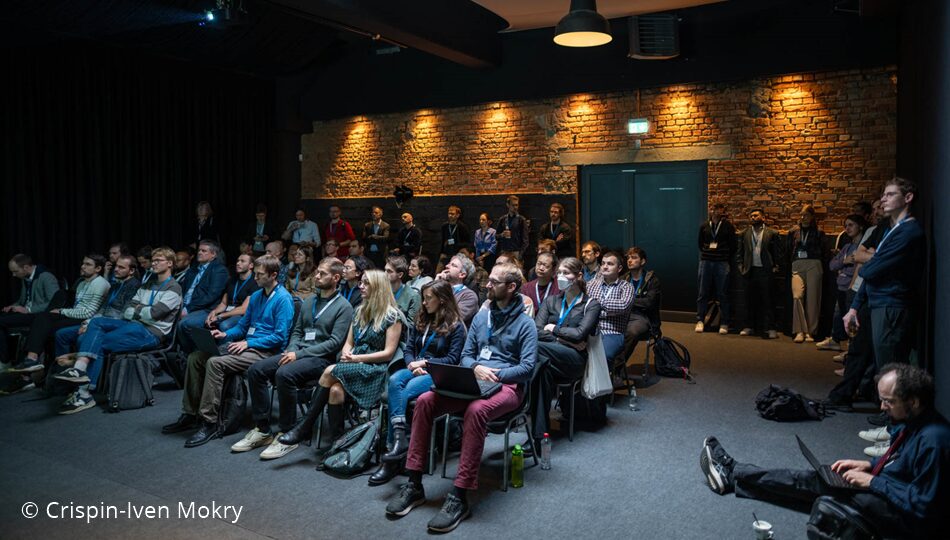
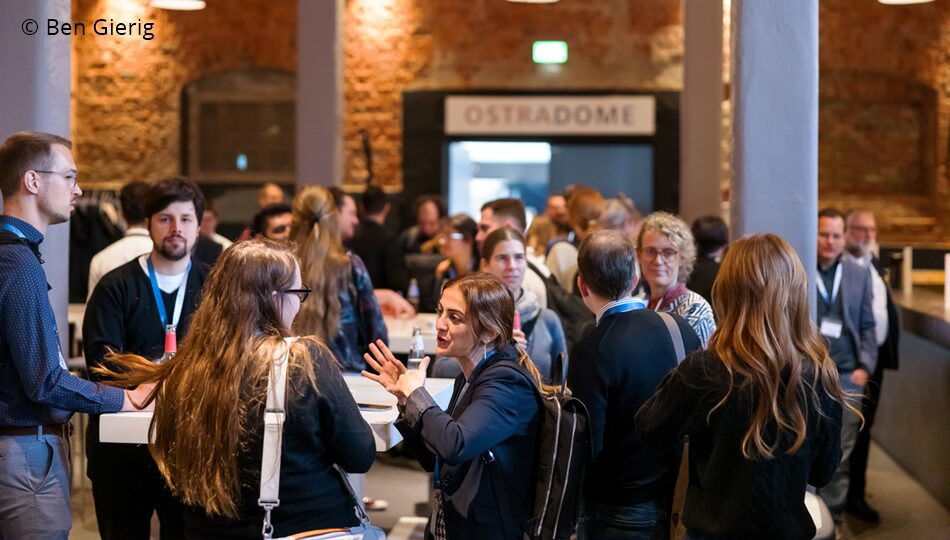
DAAD KI-Zuse Schools and french perspectives
This was followed by a keynote speech on the topic of “Attention is not always (just) what you need” by Prof. Nicholas Asher from the Institut de Recherche en Informatique de Toulouse (IRIT). Furthermore, two DAAD KI-Zuse Schools presented their work:
- SECAI, represented by academic fellow Prof. Markus Krötzsch
- ELIZA, represented by director Prof. Stefan Roth
Fabien Le Voyer (INRIA) then gave an insight into the second phase of France’s national AI strategy, focusing in particular on technological priorities and the ecosystem of actors from research and innovation.
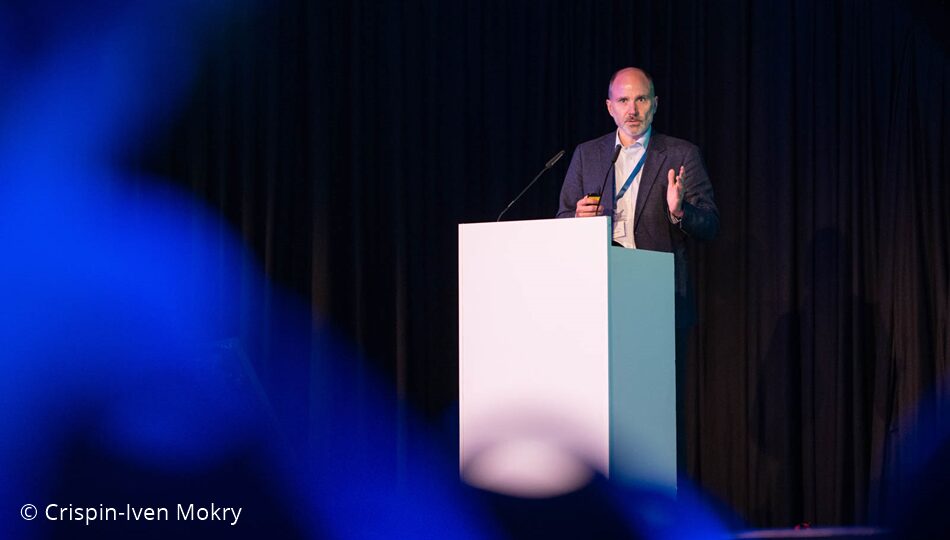
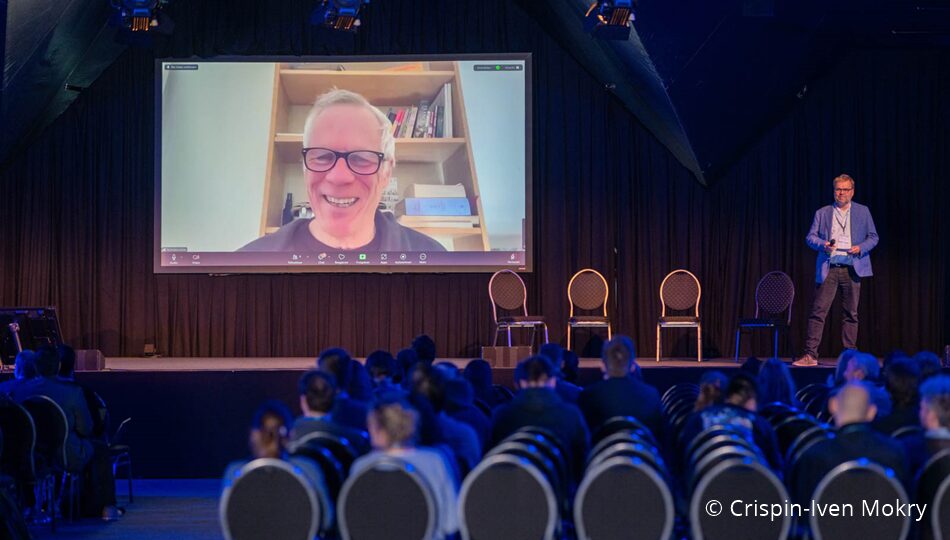
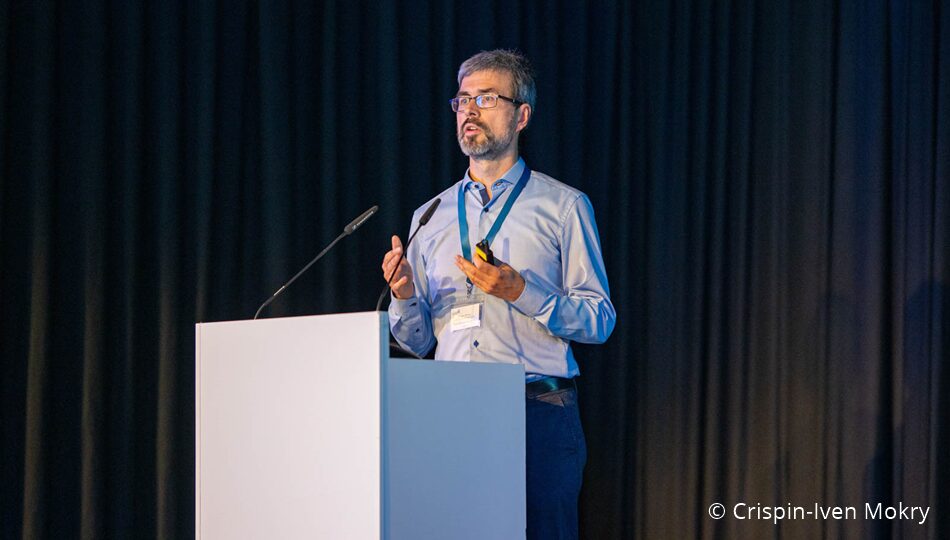
Farewell
After two inspiring days, which gave a deep insight into current activities in research, industry and teaching, Prof. Wolfgang E. Nagel bid farewell to the guests with a motivating closing speech, which also referred to the recently awarded Nobel Prize in Physics in 2024. John Hopfield and Geoffrey Hinton were honored for their fundamental discoveries and inventions in Machine Learning with Artificial Neural Networks. Artificial Intelligence is a diverse and time-sensitive field of research with many exciting and potentially world-changing ideas, projects and inventions. The annual All-Hands Meeting helps to bring researchers together, create synergies and position Germany in a competitive role in AI research.
